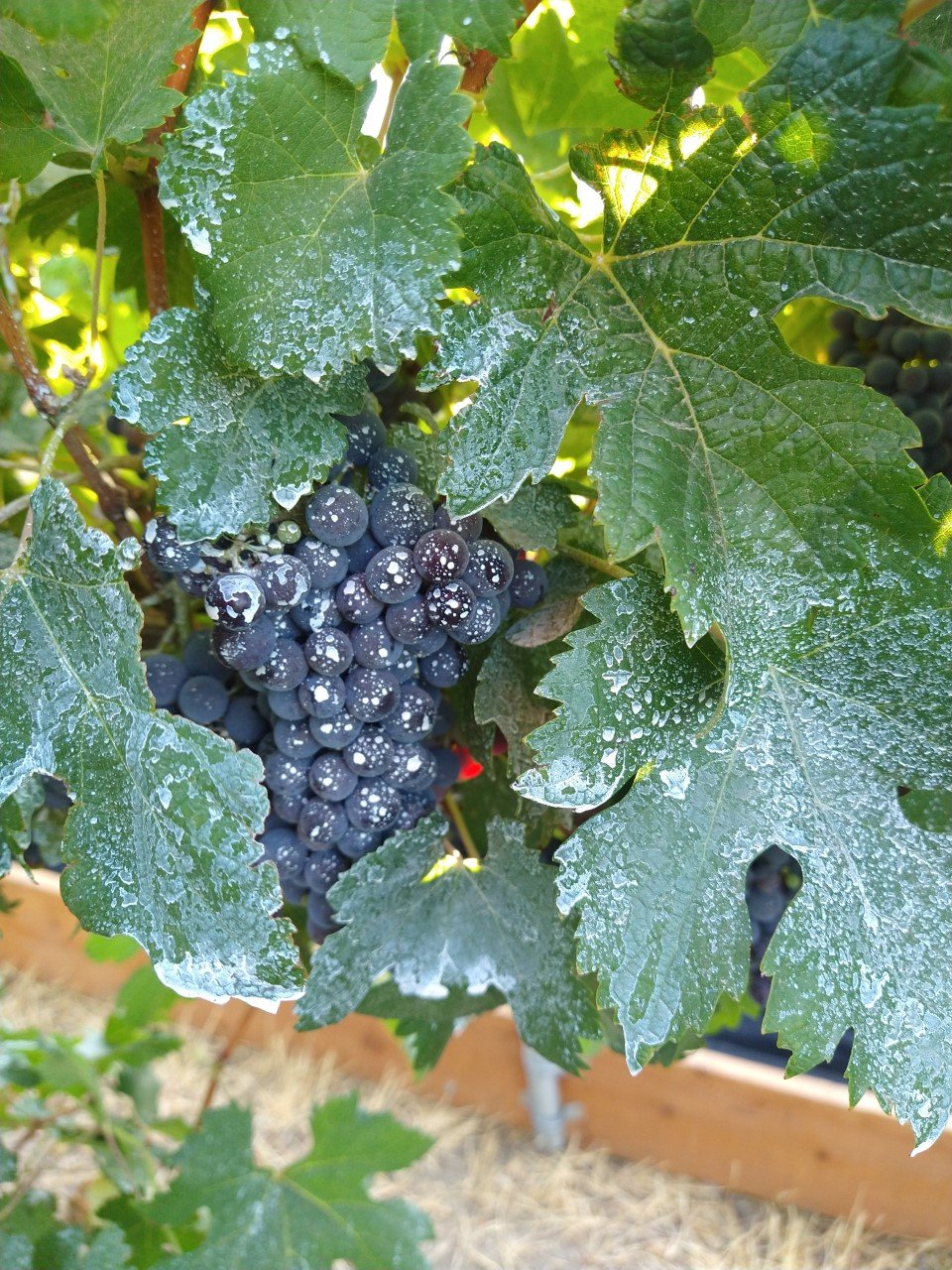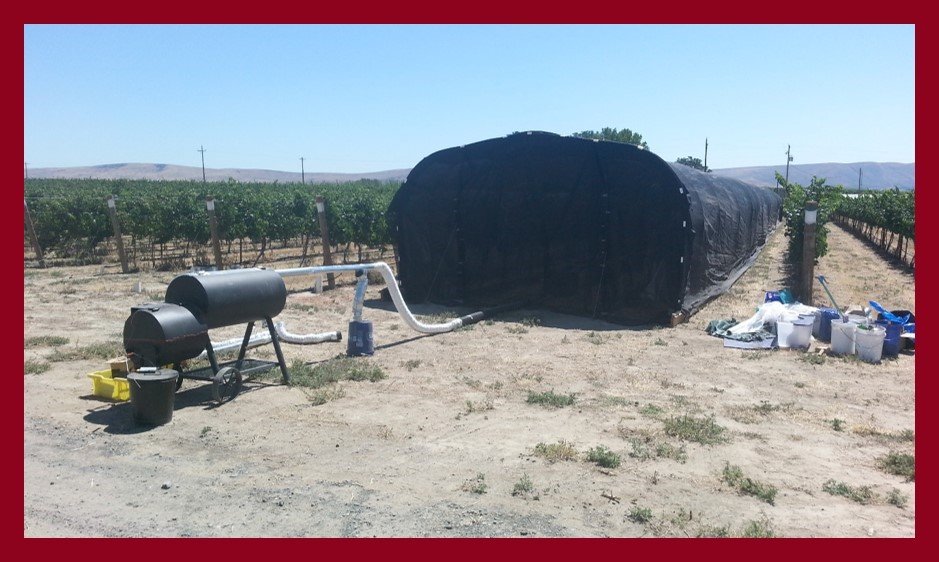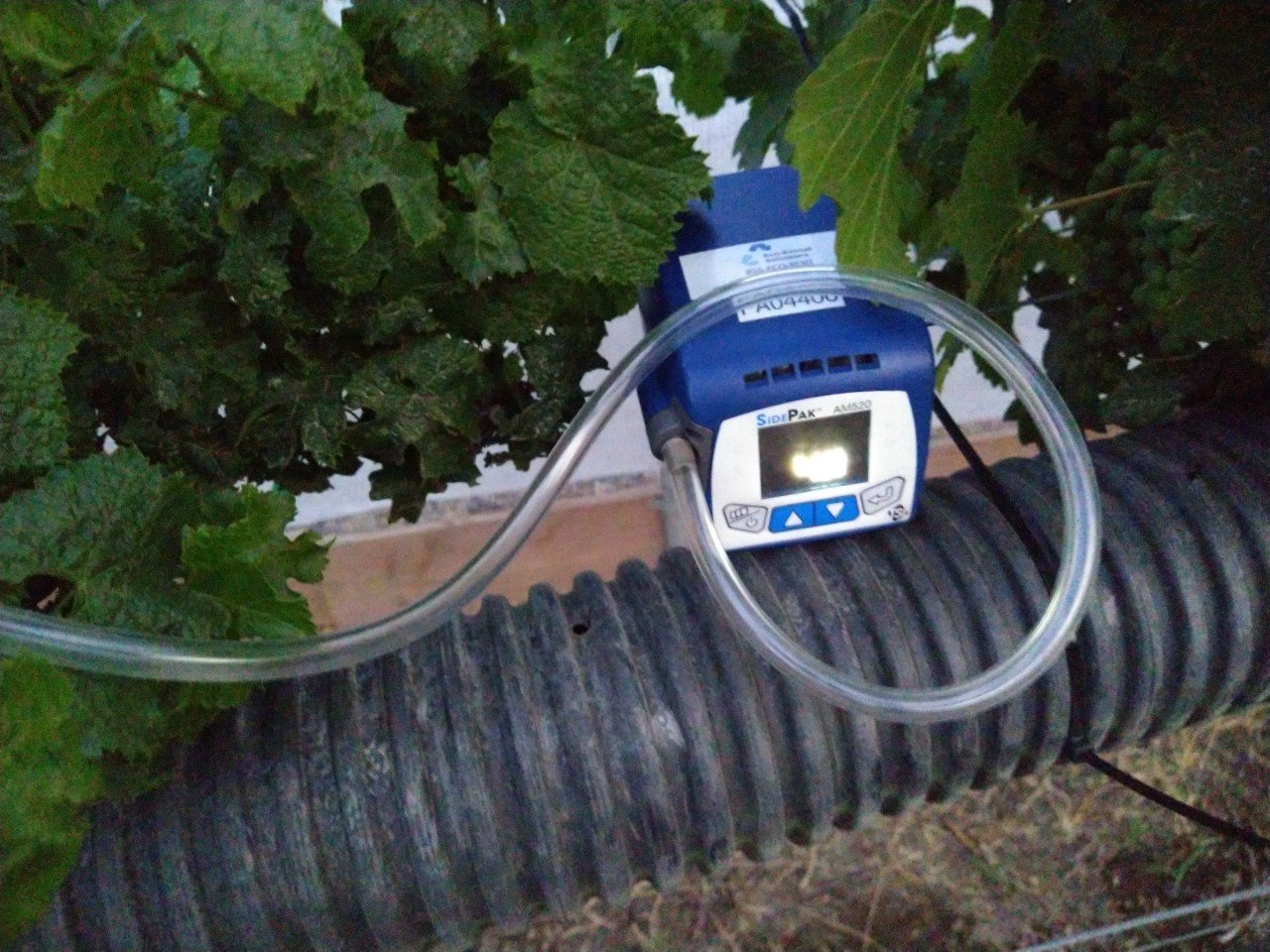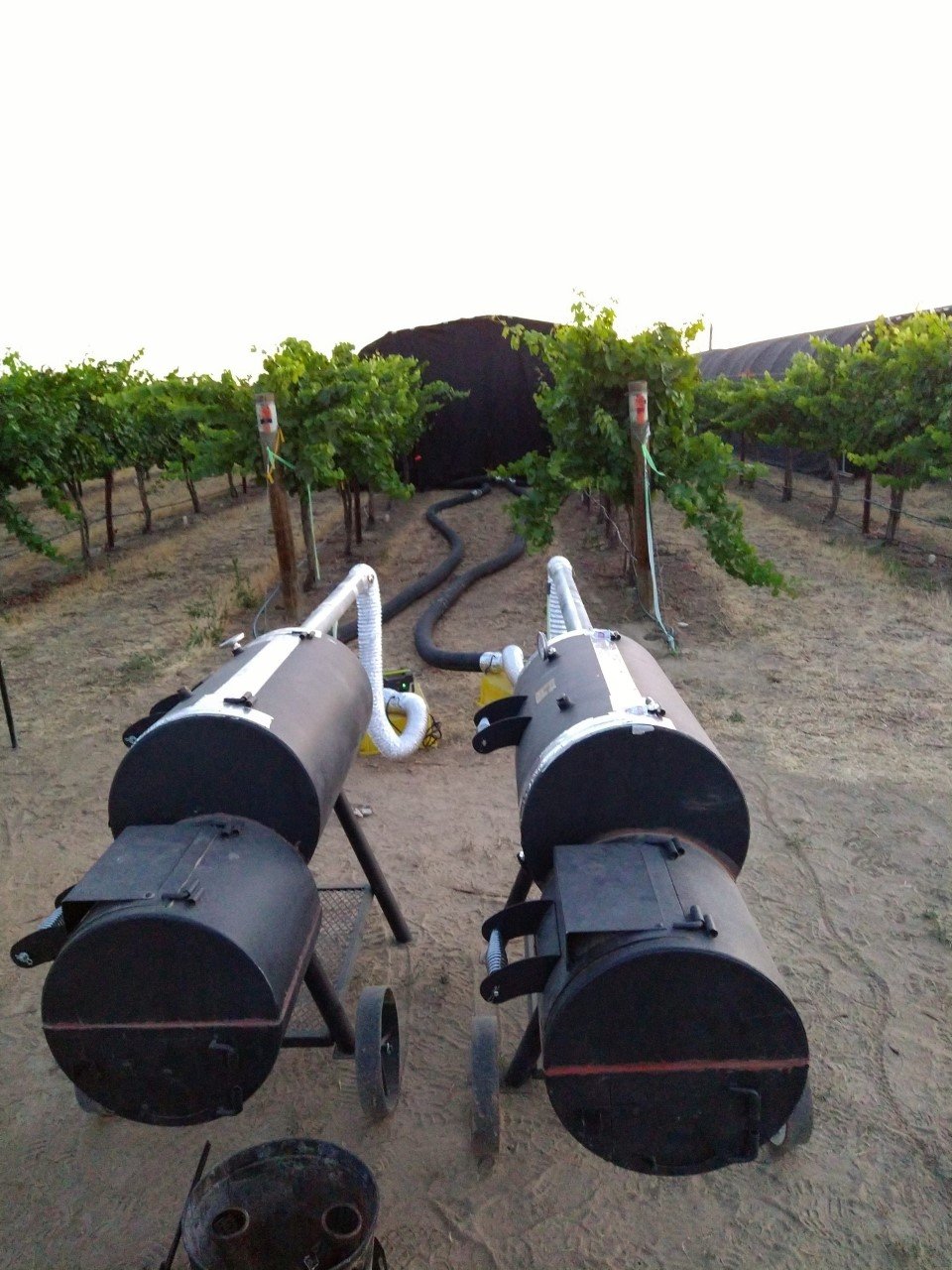Tom Collins of WSU talks about Smoke Impact on Grapes and Wine
Tom Collins’ wine career began in the Finger Lakes region of New York. A Navy ROTC Scholarship sent him to Cornell University where he majored in Russian and Soviet Studies. On weekends when he wanted a break from studying, he went wine tasting with friends at local wineries. Thus began a lifelong career in wine, with jobs at several different wineries and an eventual PhD from the University of CA at Davis in Agricultural and Environmental Chemistry.
Tom’s research as a doctoral student focused on the effect of oak barrels on wine, so he knew something about burnt, or toasted, wood and wine. In 2015, Tom became an Assistant Professor in Washington State University’s Viticulture and Enology Program where he conducts research on how vineyard and winery practices affect the chemical composition of grapes and wine. A major part of his research has come to be focused on the impact of smoke on grapes and wine. He and colleagues from Oregon State University and the University of CA at Davis recently received a $7.5 million USDA grant to study this topic over the next four years.
Researchers are just beginning to understand how wildfire smoke affects wine grapes and wine. In this interview, Tom discusses some of the things we know as well as things we need to know in order to preserve grape and wine quality in the midst of annual wildfires. If you have wondered about how grapes are affected by smoke, factors about smoke likely to impact wine quality, whether smoke taint can appear during aging, if smoke exposed grapes affect red or white wine more, what things can be done in the vineyard and winery to minimize smoke impact, and many more things about smoke and wine, this is the interview for you!
Listen to the Interview:



